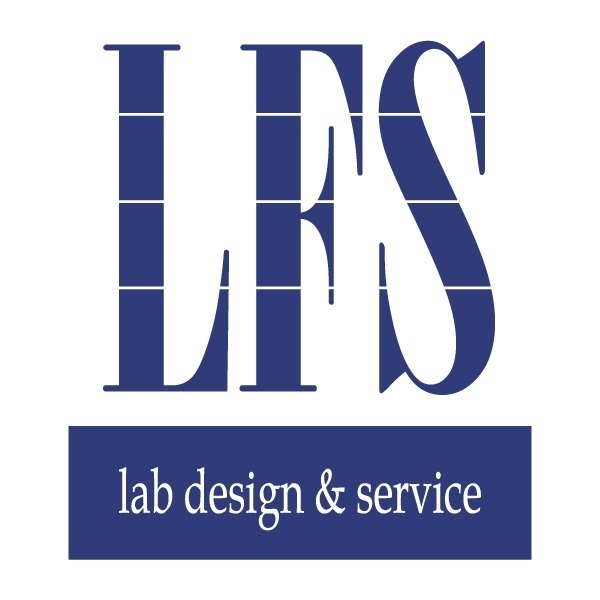All about the laboratory table: Everything you need to know
Mục lục
General introduction about the laboratory table
Lab table or desk in the lab. It is a crucial furniture device in many fields, such as research, education, food, and manufacturing. These products are designed to provide a safe and stable work surface for laboratory operations and other critical tasks. In this article, we will present the importance of the laboratory table, the common types of laboratory tables, and the factors to consider when buying a laboratory table.
The importance of the table in the laboratory
Laboratory benches play an essential role in many different industries. The laboratory table is the basic foundation for analysis, research, and development activities in medical, food, chemical, and technology,…
- In research and development, the laboratory desk creates a professional workspace for scientists, engineers, and research staff to conduct experiments and analyses—table surfaces to ensure the accuracy of results and evaluate the effects.
- In the medical and healthcare sector: The laboratory bench provides a suitable environment for sample handling, disease analysis, diagnosis, and pharmaceutical research & development. Laboratory benches in laboratories and operating rooms must meet hygiene, safety, and accuracy standards to ensure accurate results and safe working procedures for medical professionals.
- In the food sector: The laboratory table is where food testing, development, and analysis are carried out. Table surfaces must be waterproof, moisture-proof, easy to clean, and resistant to materials commonly used in the food industry.
- During manufacturing, lab benches play an essential role in supporting quality control and process improvement to ensure that products meet high standards of safety and effectiveness.
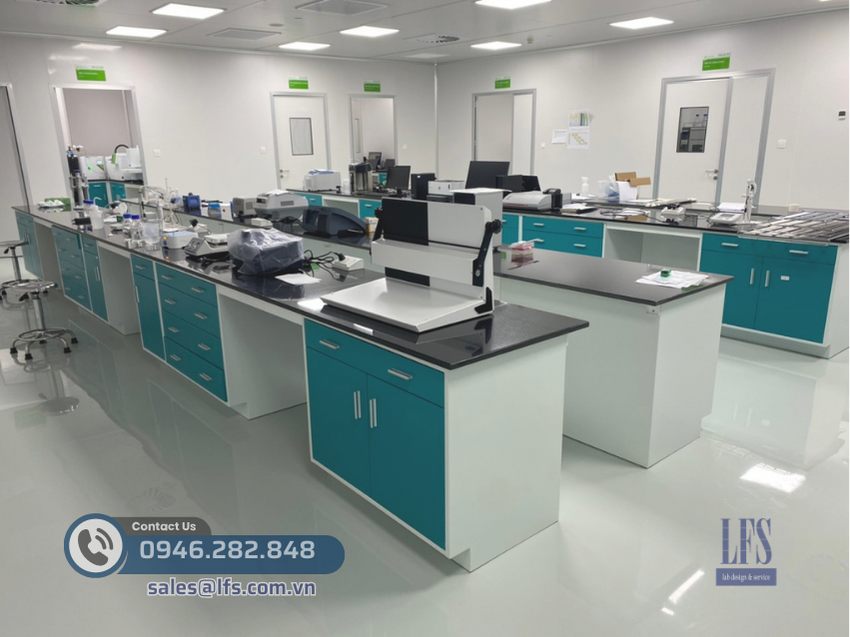
Common types of lab tables in the lab
Several different types of desks are designed to meet specific needs and applications.
- Fixed lab benches: These are lab benches that are set to the floor and cannot be moved or adjusted in height. Suitable for lab benches that require stability and longevity.
- Portable laboratory table: This is a type of laboratory table equipped with wheels to be able to move. Suitable for workspaces that need flexibility.
- Adjustable height test bench: This test bench has a frame that can be adjusted to the height of the tabletop, bringing many ergonomics for user convenience. Can meet many different requirements
- Modular lab benches: These are designed to be easily reconfigurable and expandable. They are adaptable to changing needs or laboratory layouts.
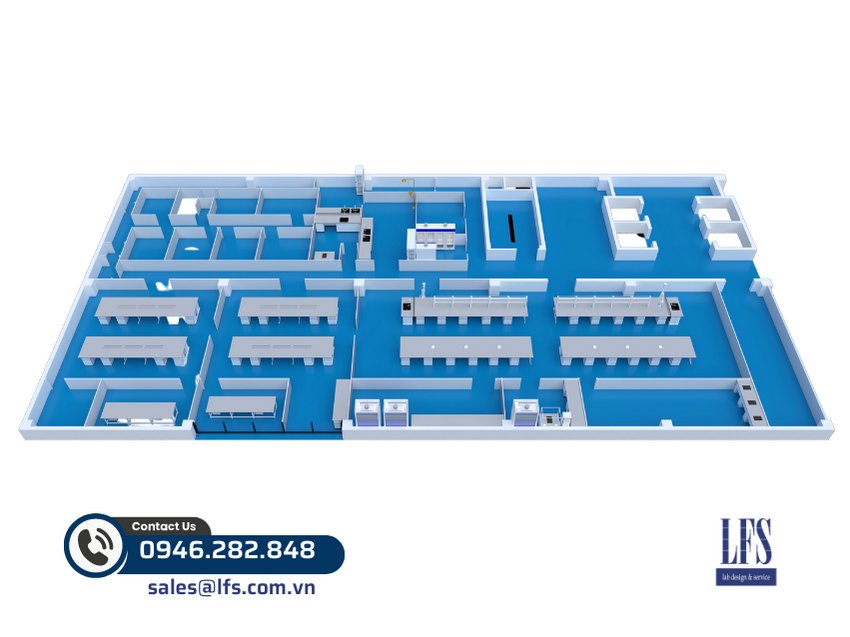
These benches offer flexibility and customization to laboratories, allowing organizations to choose the type of bench that best suits their requirements and goals.
Issues to consider when choosing a laboratory table
When selecting a laboratory table, several important factors need to be considered:
- The workspace, including the size and layout of the laboratory, the number of employees, and the type of work performed. Ergonomics must also be considered to ensure the desk models are comfortable for the staff.
- Storage capacity also needs to be considered. Consider the storage capacity required for laboratory tools, instruments, and equipment.
- Durability and chemical resistance are also other important factor to be considered. Choosing a laboratory table resistant to network chemicals, moisture, waterproofing, and other harsh conditions is advisable.
- Finally, indispensable in every shopping trip is a budget. Always determine and balance quality and cost when choosing laboratory furniture.
Materials in the manufacture of laboratory tables
Like office furniture, laboratory furniture has many options for composition materials; each material will have advantages and disadvantages. Popular materials include wood, phenolic laminate, powder-coated iron, stainless steel,…
- Powder-coated iron, 304 stainless steel, or 201 stainless steel are often used to produce laboratory table frames. These metals are prized for their durability, chemical resistance, and ease of cleaning. Sometimes with some special requirements, the whole laboratory table is also made of metal.
- Wooden lab tables are often used in educational environments because of their low cost and traditional look. However, chemical and moisture resistance are unavailable as other types of laboratory tables.
- Phenolic laminate lab benches offer the right balance between investment cost and durability. These desks are moisture, chemical, and abrasion resistant, making them suitable for different lab environments.
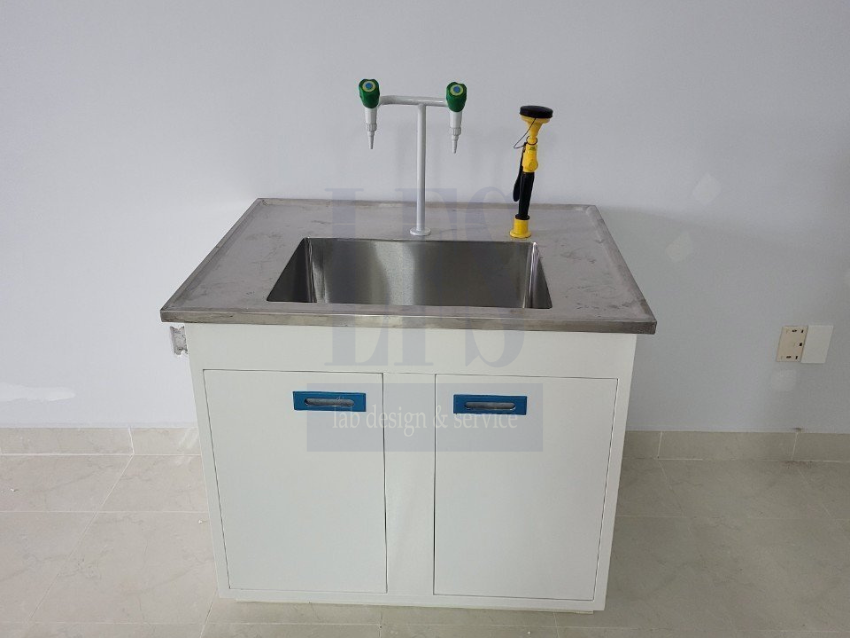
Customizable lab benches for high efficiency
To ensure that your lab bench meets your specific needs and enhances productivity, consider customizing it with the following additional features and accessories:
- More storage: Add cabinets, drawers, and shelves to store equipment, tools, and materials. It creates a neat and convenient workspace and makes it easy to find what you need.
- Power outlets: Built-in outlets provide easy access to power. This helps users easily connect and use electrical devices and tools conveniently and efficiently.
- Anti-Static (ESD): This table type is for electrostatic discharge protection for sensitive electronic components. It helps protect equipment from damage caused by electrical discharges.
- Sinks and faucets: Additional sinks and water systems can be integrated for easy waste disposal. This facilitates the cleaning of equipment and instruments after the experiment while ensuring safety and compliance with regulations on laboratory waste disposal.
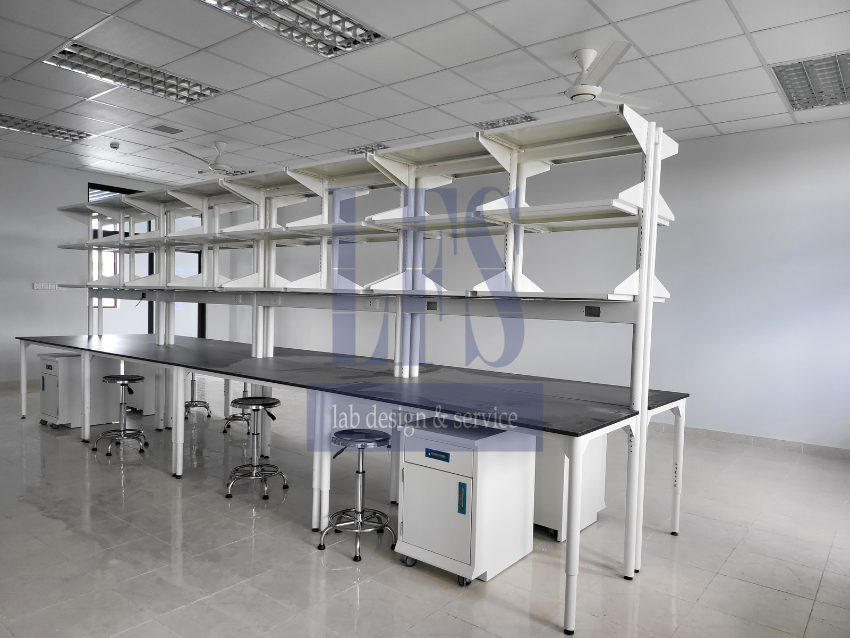
The highly customizable laboratory table with features and accessories will optimize space and efficiency in conducting experiments and research.
Proper cleaning and care of the laboratory table
For the table to have a long service life and ensure a safe working environment, proper cleaning and care of the laboratory table is indispensable. Here are a few tips for you when performing cleaning.
- Sanitize clean surfaces daily at the end of a session with a suitable cleaning product. Sanitize clean surfaces daily at the end of a session with an appropriate cleaning product. This is to remove all stains and impurities during the working process. Helps maintain a clean and safe surface for laboratory operations.
- Periodically inspect the test bench for signs of corrosion or damage, instability, or loss of alignment. If any problems are found, replace or repair damaged parts promptly.
Regular maintenance and care will help your lab table achieve better, extend its life, and ensure the safety of your employees and the work environment.
Safety in the laboratory
Safety in using the laboratory bench is of utmost importance to protect the user and ensure the success of laboratory work. Here are some measures that you should take:
- Location: Place the lab bench away from high-traffic areas and potential danger sources such as heat or chemicals. This reduces the risk of collisions and creates a safe space for experimentation.
- Ventilation: Ensure the laboratory is adequately ventilated, and the waste management system is disposed of appropriately. This ensures breathability and reduces the risk of exposure to hazardous materials.
- Training: Train users on using the lab bench correctly, follow safety procedures, and know how to respond in an emergency. This enhances safety awareness and understanding of risks in the workplace.
Following the above safety measures ensures a safe work environment and increases the likelihood of successful laboratory activities.
Frequently asked questions about the lab table
What is a laboratory table?
The laboratory table is a specialized piece of furniture designed for use in research, education, healthcare, and manufacturing facilities. They provide a stable, safe, efficient work surface for performing experiments and other laboratory tasks.
Why is the laboratory table important?
These tables are essential in the laboratory because they provide a safe, productive workspace for staff and professionals to conduct experiments and research. They also facilitate learning, exploring the advancements in technology of different industries.
Types of lab tables?
Common types of tables are Center tables, Wall Tables, tables with sinks, stone surface lab tables, and phenolic surface lab tables,…
Factors to consider when choosing to buy a laboratory table?
When choosing a lab bench, factors such as workspace requirements, ergonomics, storage needs, durability, and chemical resistance should be considered, as well as the budget for the court.
What materials are commonly used in production?
Materials used to manufacture tables include metal (steel or stainless steel), wood, and phenolic.
summary
Tables are a core component in modern laboratories across a variety of industries.
Understanding the importance, types, and factors that matter when choosing the perfect lab table will help you create an efficient and safe workspace that meets your specific needs.
With the advancement of technology, lab benches will continue to evolve to integrate intelligent features, use sustainable materials and virtual reality technology, and improve productivity. Productivity and ability to collaborate in a laboratory environment.
By putting safety first, maintaining proper maintenance, and considering the environment, you can ensure that your lab bench will remain valuable for many years.
By making intelligent decisions when choosing and customizing your lab bench, you can optimize performance and meet the changing needs of modern labs.
Dong Duong Laboratory Furniture and Services Joint Stock Company has the following outstanding advantages of laboratory tables:
- High product quality: We are committed to providing high-quality laboratory bench products, ensuring safety and durability.
- Diversity of models: Indochina LFS offers many different types of laboratory tables, from fixed, portable, and height-adjustable, to flexible tables, making it easy to choose the right product for your needs and your demand.
- Custom solutions: We are ready to consult and design customized solutions to suit each customer’s space and usage requirements.
- Attentive after-sales service: Indochina LFS always accompanies customers using products, from installation, maintenance, and exchange to technical advice.
Choose us today to experience high-quality lab benches. We are committed to providing optimal solutions to improve the efficiency of your laboratory work.
We guarantee our products are genuine and quality. Installation support and dedicated user guide. Lifetime warranty for your peace of mind.
Act now to enjoy this offer! We are happy to serve you.
